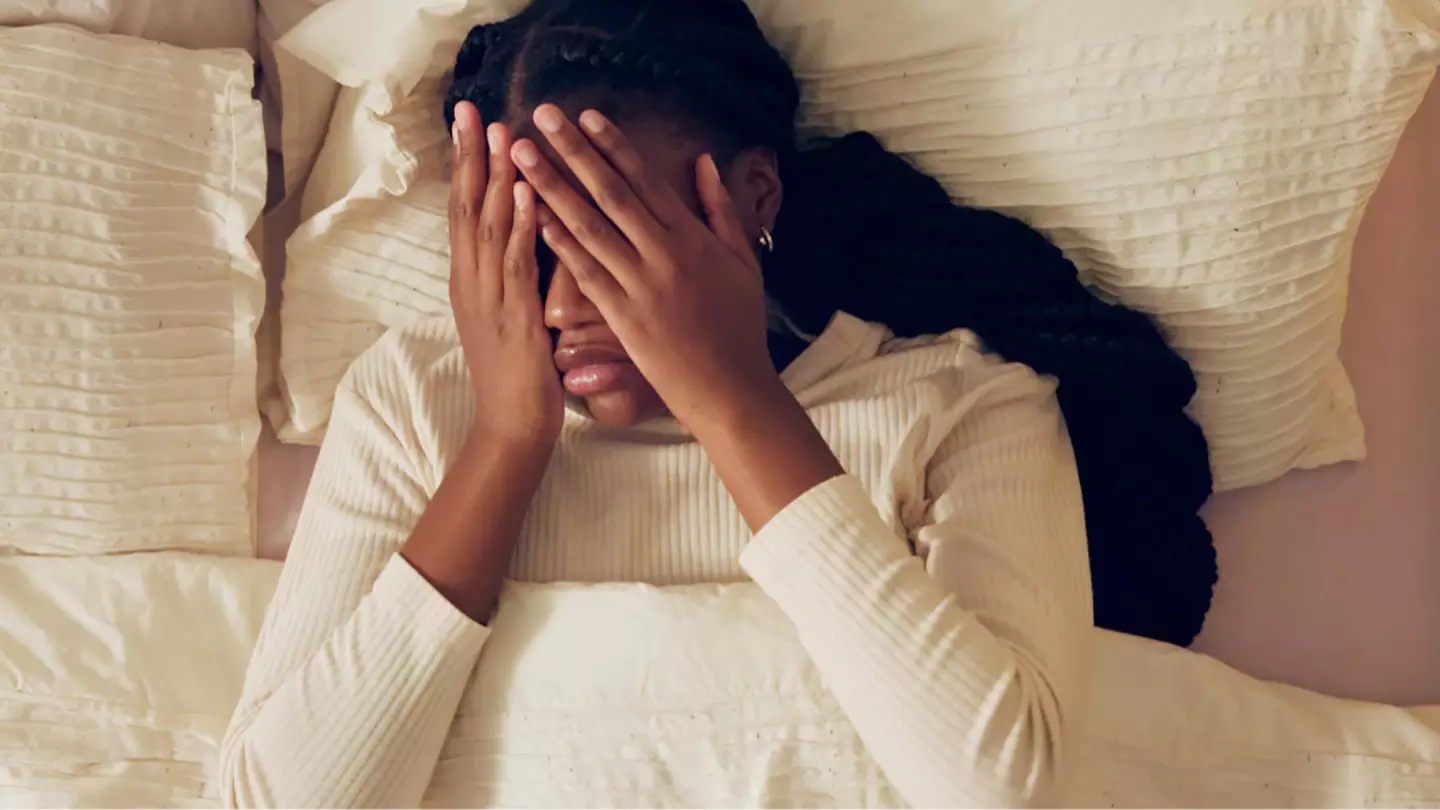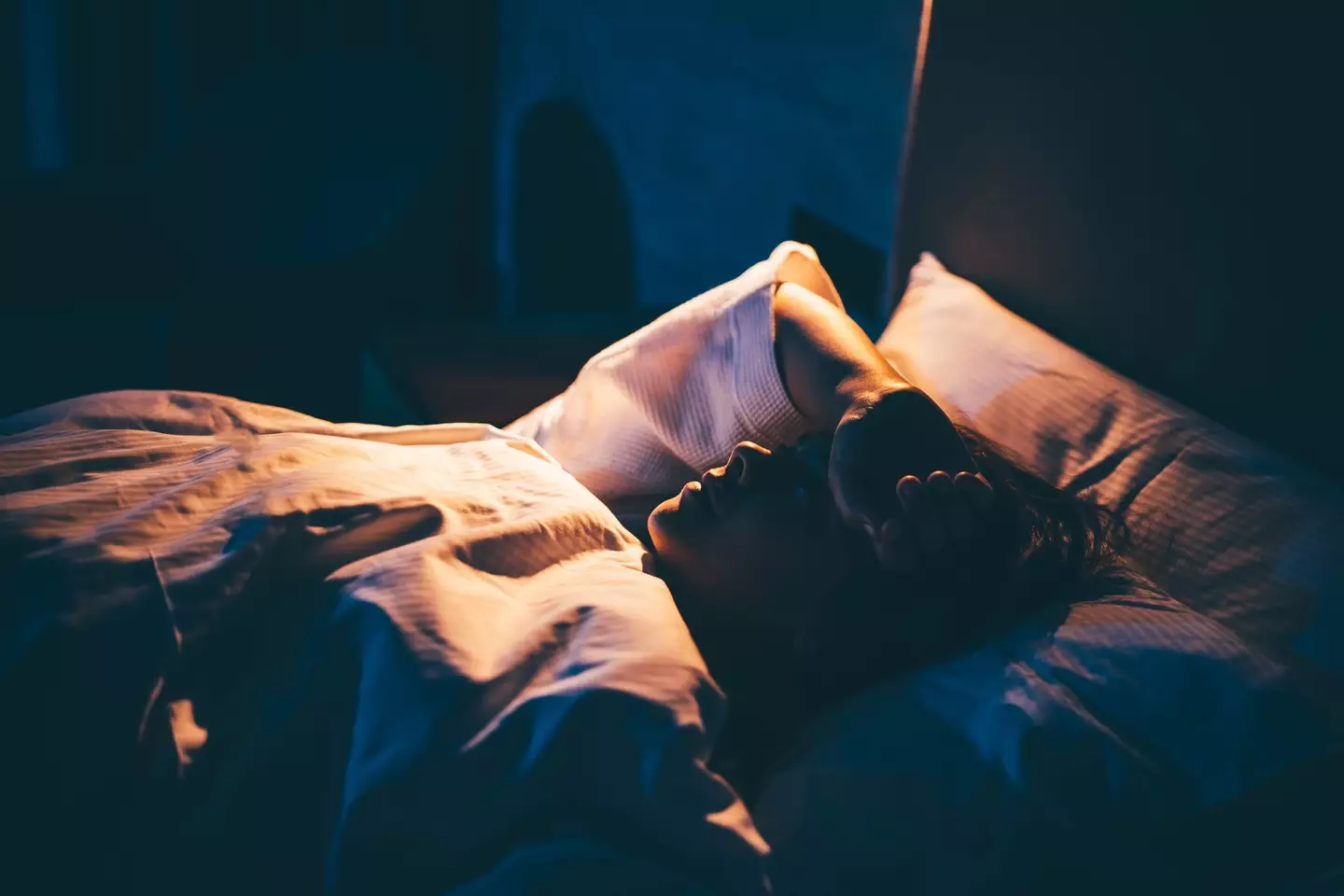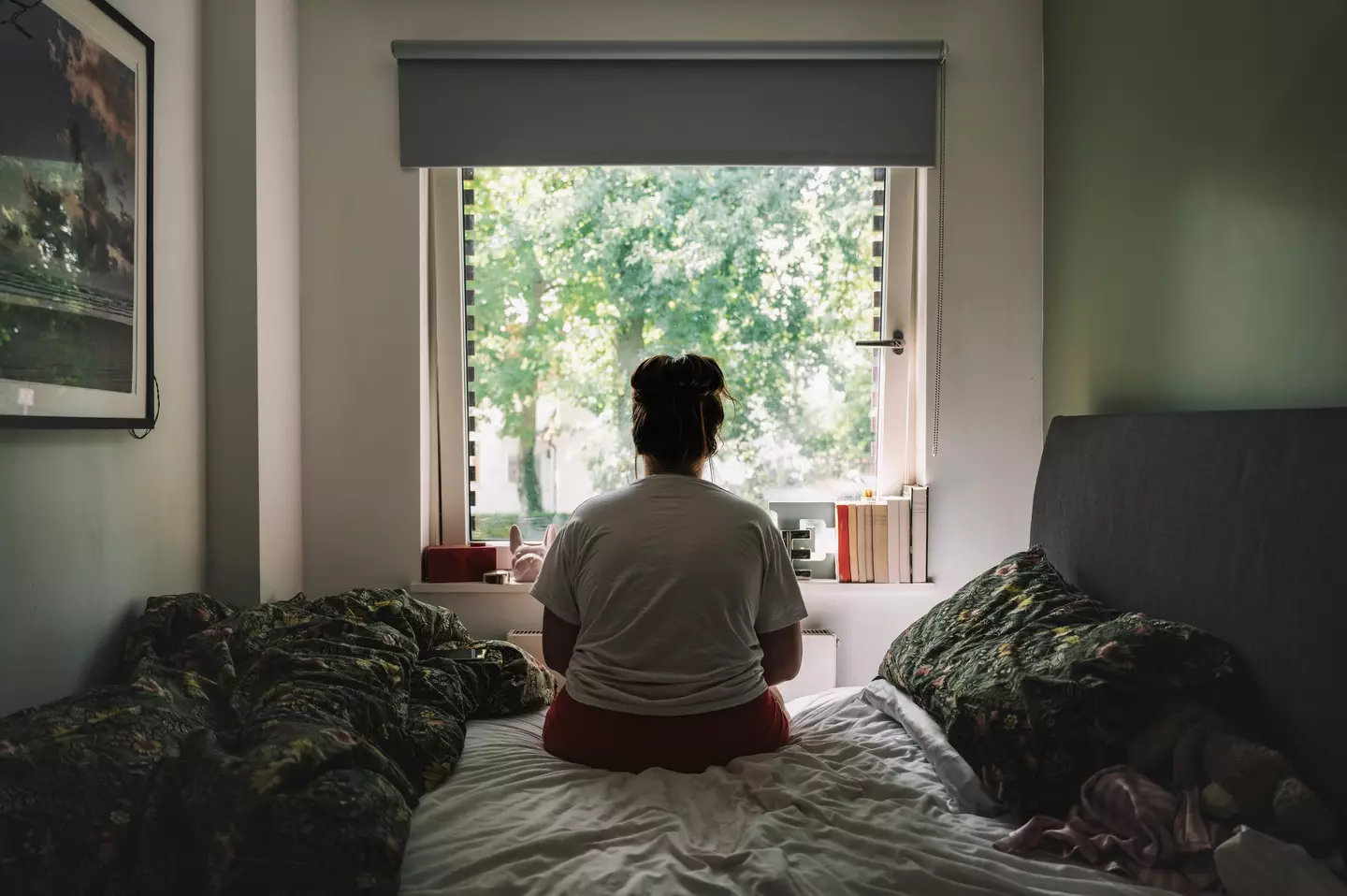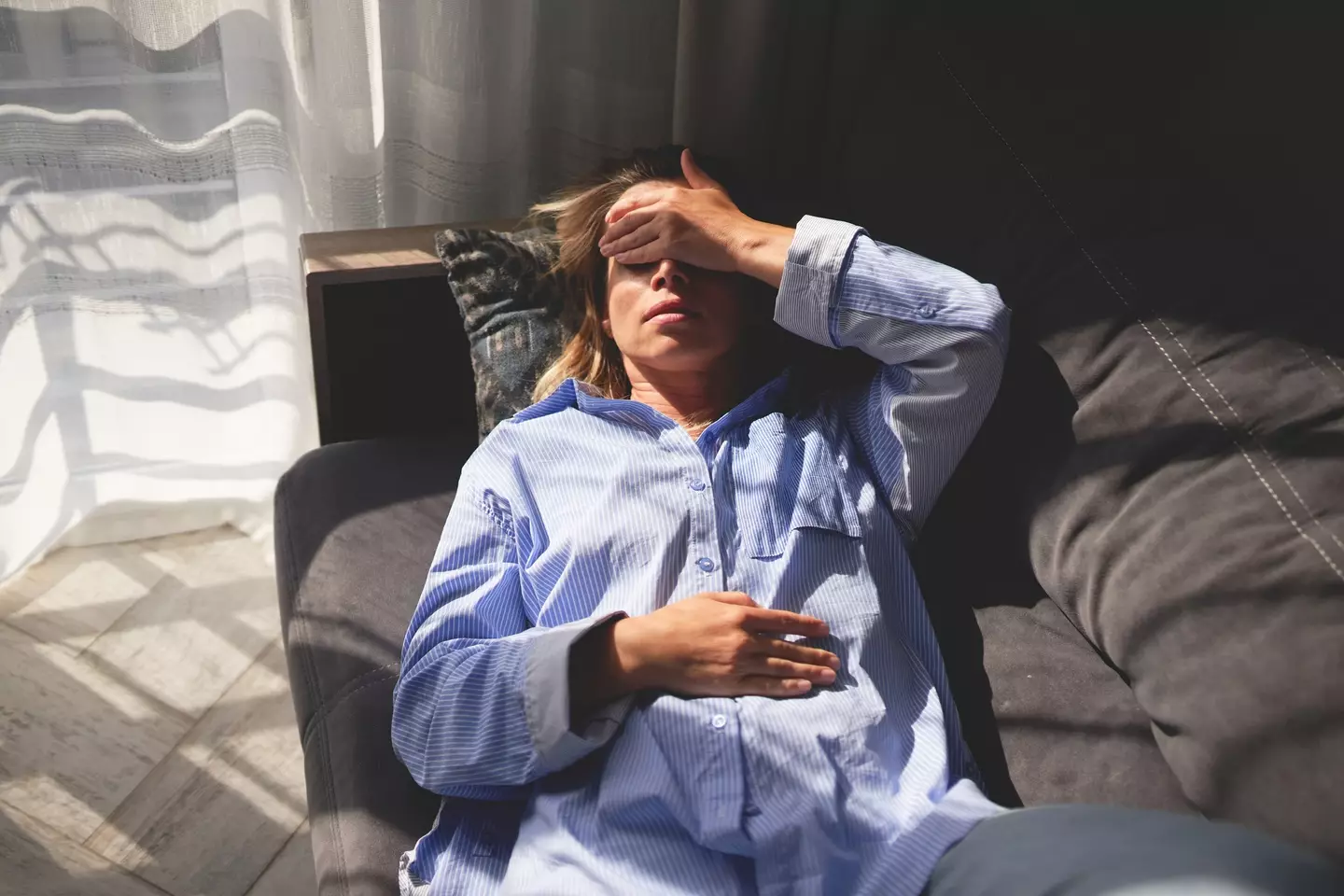
Getting a good night’s rest is pretty important but not all of us manage it and scientists have revealed what this does to your body.
Sleeping poorly every now and again isn’t so big a deal but extended periods of poor and or short rest periods can have negative impacts on the body.
Speaking to the Metro, Dr Sue Peacock, a consultant health psychologist and sleep expert highlighted one of the issues that getting 6 hours or less can have.
So, if you regularly get little sleep and are getting used to going through your day as a zombie, it might be worth going to bed a bit early and trying to get some more z’s in.
Immune System
Our immune systems are capable of fighting off a whole lot, and regularly do, but not getting enough sleep can make this more difficult.
Advert
Peacock said: “Research shows that there is a complex link between sleep-wake cycles and our immune systems.

“While you sleep, your immune system produces protective, infection-fighting substances such as cytokines. It uses these substances to combat foreign invaders such as bacteria and viruses.
“These cytokines also help you sleep, giving your immune system more energy to defend your body against illness.”
She clarified that if you are not getting enough sleep you aren’t producing enough cytokines and this can lower the bodies to infection.
She added: “It increases our vulnerability to disease, and it may take you longer to recover from illness.”
In addition to this, according to research at the French National Institute, a study from 2023 found that less than six hours of sleep reduces our immune response to vaccinations.

Immune response to vaccinations
They reanalysed the results of seven studies that compared antibody responses of individuals who slept for seven to nine hours per night, vs those who slept for less than six.
They concluded that men who had less than six hours saw a reduction in the immune response to vaccinations. In women, the effect was more variable and noted that fluctuating hormones played a part.
Anxiety
Dr Peacock added that there can be a vicious cycle between sleep and anxiety.
She noted that a lack of sleep can cause anxiety and anxiety can also cause a lack of sleep.
She continued: “Unfortunately, one can exacerbate the other. Anxiety can have a negative effect on your body’s ability to fall asleep, as your brain is in “fight or flight” mode, thinking of all the potential outcomes for whatever is causing the anxiety.
“Furthermore, anticipatory anxiety and specific anxiety about sleep can lead to sleep disturbance and insomnia, which then creates a feedback loop that can make both conditions worsen.

“It can cause us to have a reduced capacity for remaining positive when faced with emotionally challenging events,’ says Dr Sue. ‘You might also feel less able to enjoy positive experiences.”
Menstrual Irregularities
According to Dr Katharina Lederle, a sleep and body clock specialist, short amounts of sleep can also cause menstrual irregularities.
She said: “The level of thyroid-stimulating hormone (TSH) increases during sleep deprivation, and in healthy young women in their follicular phase, is associated with a significant increase in TSH level.
“High levels of TSH causes menstrual irregularities, anovulation (when an egg isn’t released), amenorrhea (when you don’t get periods) and recurrent miscarriages.”
As well as these issues, the lack of sleep can also result in weight gain and a loss of productivity, so it might be worth hitting the hay a little earlier this week.